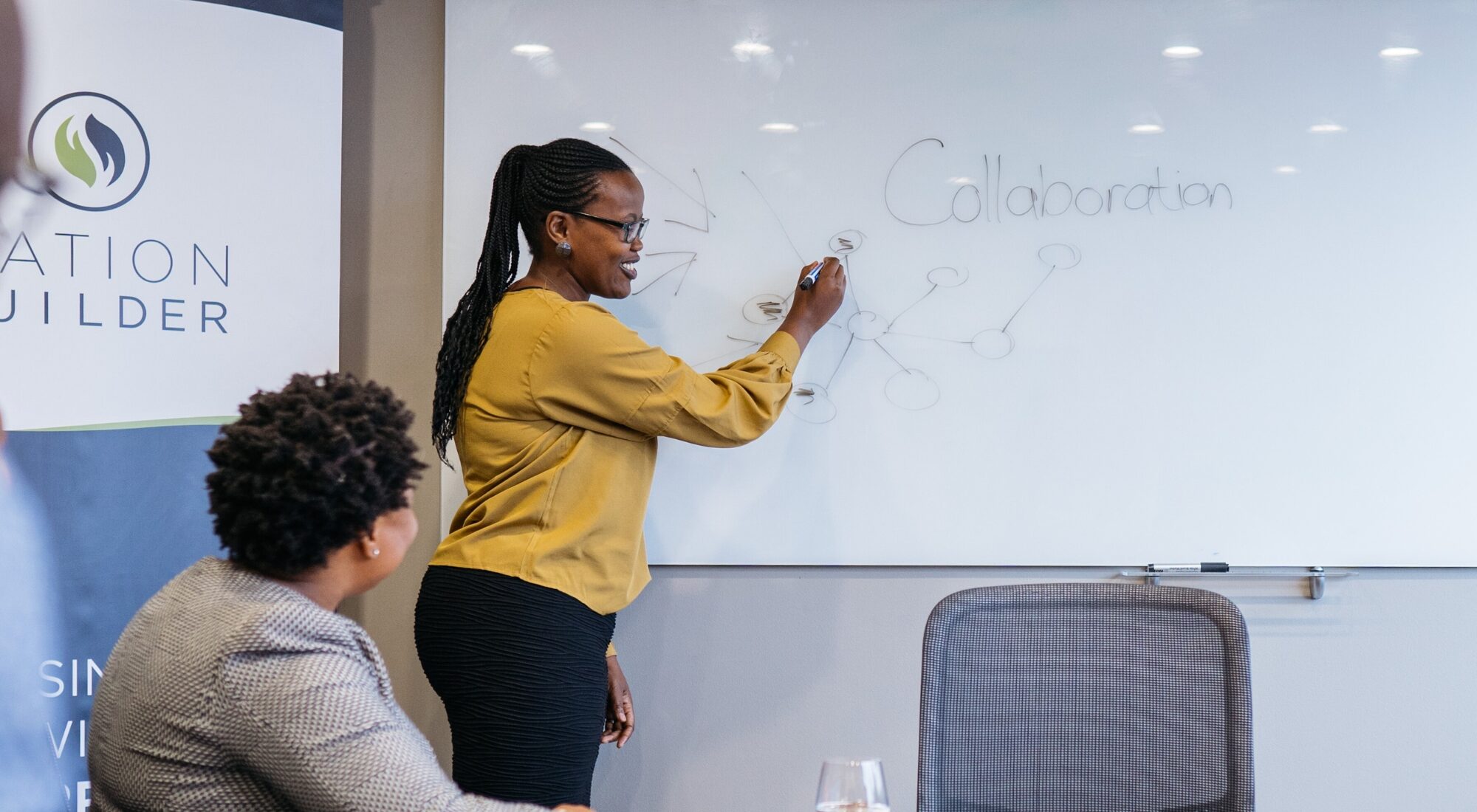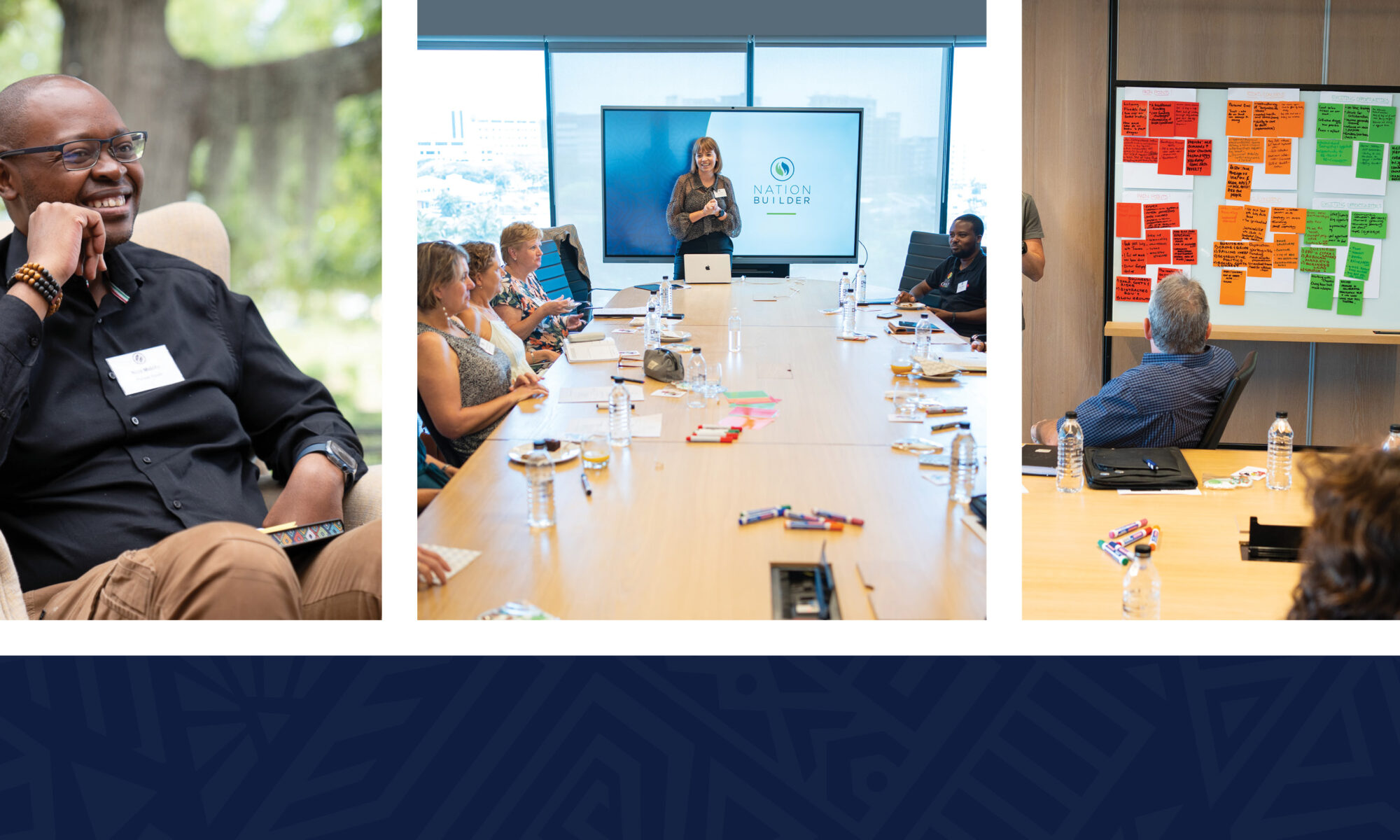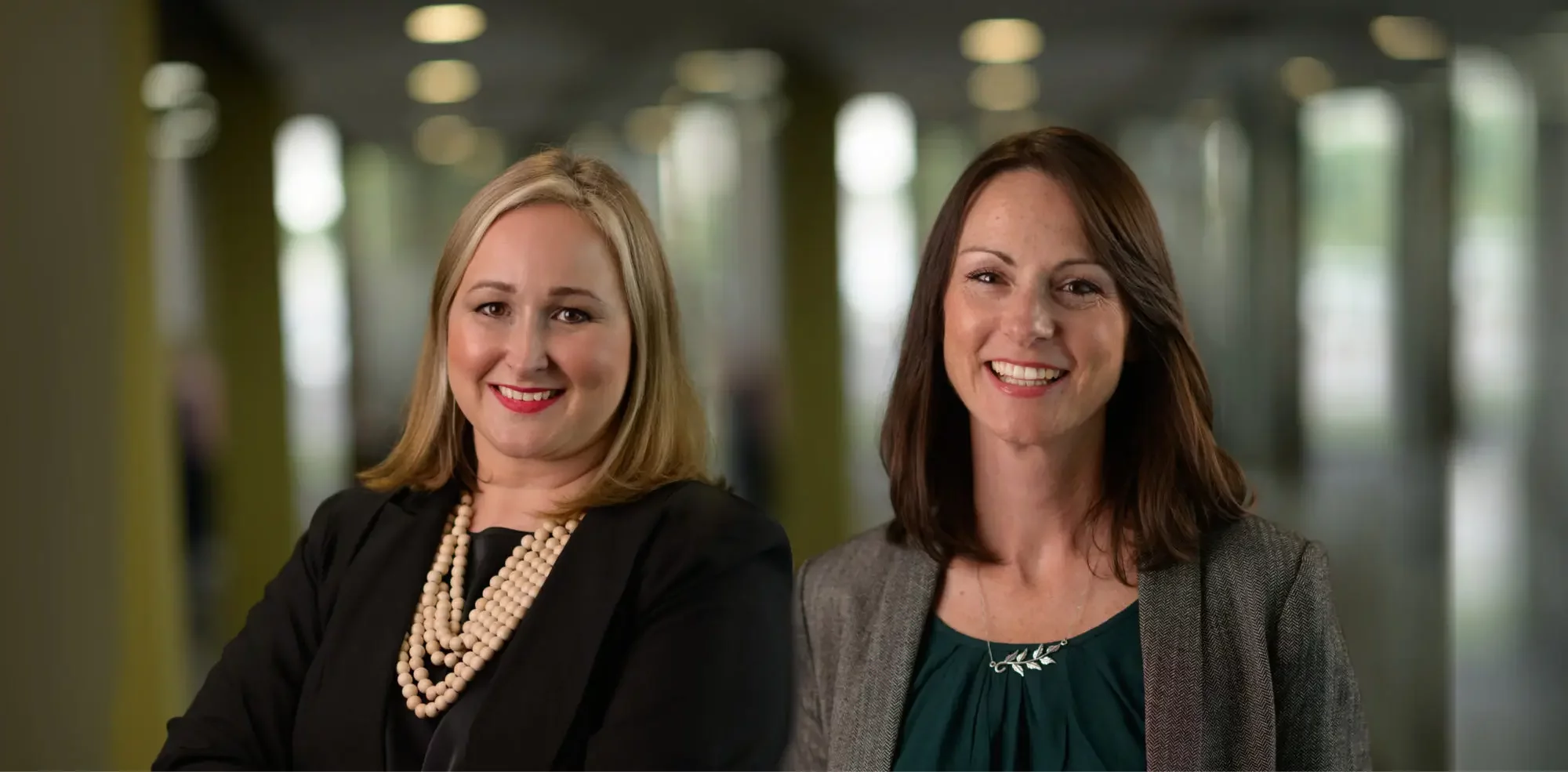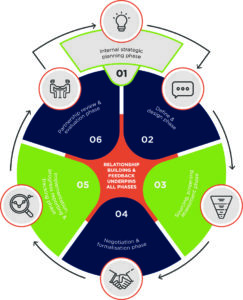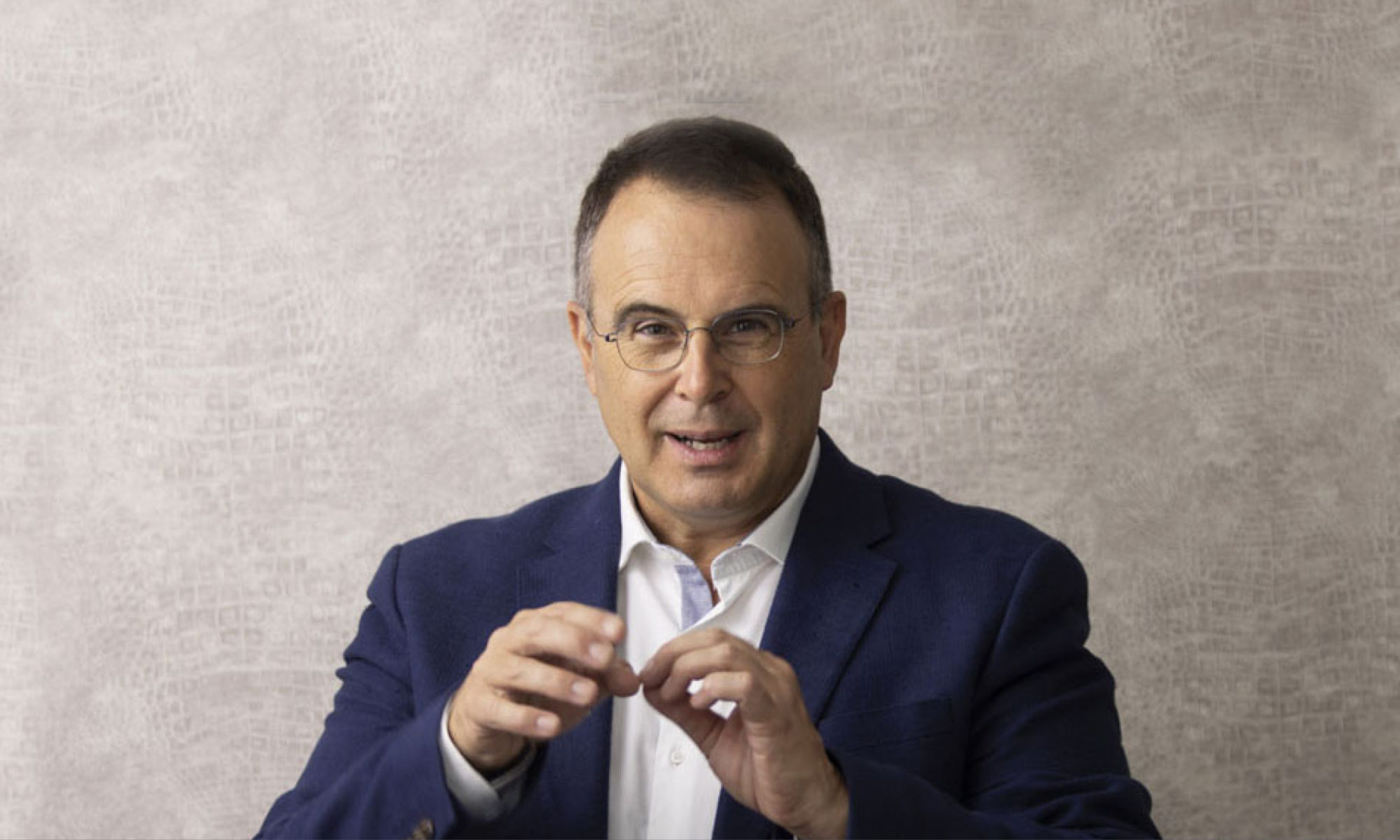When people come together to serve a vision that is bigger than their own, extraordinary things can happen. At Nation Builder, we’ve seen this to be true.
A social development initiative aimed to strengthen South Africa’s social impact, Nation Builder has worked to bridge the gap between the business and non profit sectors for over 16 years. Our philosophy centres on the idea that partnerships have the power to unlock disproportionate impact, echoing the wisdom of the saying, ‘if you want to go further, [you need to] go together’.
More recently, we have put this idea to action, embarking on a new era of impact with NPO and social impact fund manager, Valcare. As of February 1, Valcare has taken on the strategic and operational mandate of Nation Builder and is now operating under its name. This leadership transition marks a new chapter for Nation Builder, one in which the new team (supported by some members of the original Nation Builder board) can leverage their collective strengths to take their reach and impact further.
Why do we believe this leadership transition will further benefit the social impact sector, connecting and strengthening even more organisations nationwide? We spoke to Mergon’s (and former Nation Builder head) Keri-Leigh Paschal to find out more. Drawing insights from a Stanford University review on the essentials of social innovation, Keri highlights five aspects that she sees in this collaboration and believes are critical for fostering collective impact.
1. A common agenda
‘To make collective impact work, everyone needs to share a vision for change,’ Keri shares. ‘This means agreeing on the problem and working together on a common approach through decided actions.’ She explained that both Nation Builder and Valcare over the years have served as ‘bridge builders’ between the business and non-profit sectors – sharing knowledge, fostering understanding, and encouraging collaboration that leads to measurable social impact. ‘Although we bring different strengths to the table, we have the same purpose in mind to strengthen South Africa’s social impact sector. Of all the things to have in common, this is by far the most important.’
2. Shared measurement systems
Referring to the abovementioned Stanford review, Keri notes: ‘Research has found that establishing a shared measurement system is crucial for collective impact. It’s not enough to just agree on common goals; we need to be on the same page about how we measure and report success. Consistently collecting and measuring results across all participating organisations, using a few key indicators at the community level, not only keeps everyone on track but also fosters accountability. This way, we can learn from both successes and failures and continuously improve our collective efforts.’
‘Going forward, what excites us in this new season of Nation Builder is the intended focus on professionalisation and standardisation in the sector. Clearer goal setting and reporting systems will not only foster trust and accountability between the private sector and NPO beneficiaries; it will cultivate investor confidence and a deeper understanding of the on-the-ground realities in South Africa. This excites us and makes us hugely optimistic about the future,’ says Keri.
3. Mutually Reinforcing Activities
‘In successful partnerships, the focus isn’t on everyone doing the same thing,’ says Keri. ‘It’s rather about creating space for each participant to operate in their unique skills and abilities. This diversity brings a richness to the collaboration, where the diversity of strengths is complementary and enriches the outcomes.’
‘In the case of Nation Builder and Valcare,’ she continues, ‘both organisations have had complementary offerings that, when combined, can multiply impact and benefit the sector. Nation Builder provides a diverse, cross-sector community with a nationwide footprint. Valcare has excelled in capacity building, offering a range of resources that effectively equip and connect social investors and NPOs to drive social impact. By combining these strengths, Nation Builder is now able to extend its reach and enrich impact, providing more organisations with the tools and training to strengthen the sector.’
4. Continuous Communication
‘Over these past 15 years at Nation Builder, we’ve recognised the power of dialogue – simply getting all the stakeholders in the room and creating a space where every voice is heard, seen, and valued,’ Keri says. ‘Working in the development sector can often be a lonely and a weight responsibility – so it was important for us to create environments where people could openly share their challenges, be real with one another and engage in collective and constructive learning. As we were never the experts in the room, rather the people that brought the experts around the table, open and ongoing communication was, and still is, at the heart of Nation Builder.’
She continues, ‘This dedication to fostering dialogue continues under new leadership. Going forward, one of the primary focuses is ‘building capacity through collaborations’ – combining knowledge and resources to achieve more within the sector. Trust-based, on-the-ground engagements will be central to realising this goal.’
5. Backbone Support Organisations
‘One thing we’ve seen over the years is that good collaboration takes time – and time is a precious commodity in the development world,’ Keri says. ‘Being able to come alongside sector stakeholders and support them with a backbone infrastructure, one with dedicated staff and resources, has proven incredibly valuable. With a bird’s eye view on the sector, we have been able to serve as a knowledge transfer, bridging the gap between the business and NPO worlds, and leveraging perspectives that incorporate every stakeholder’s view and respective needs. From there, Nation Builder has been able to leverage these insights and create sector resources that directly address these needs and add value to the process.’
Keri concludes, ‘Serving Nation Builder for the past 15 years through Mergon has been one of life’s greatest privileges. It’s been inspiring working alongside such passionate and dedicated individuals, deeply committed and devoted to seeing South Africa’s social fabric strengthened. We are confident that this next season of Nation Builder will bring with it, even greater impact, collaboration, and positive change for South Africa’s social development sector.
This article was written as tribute to the rich 15-year history of Nation Builder under Mergon’s leadership. Stay updated with the latest developments in this new season by visiting the new website or reaching out to the team at [email protected].
